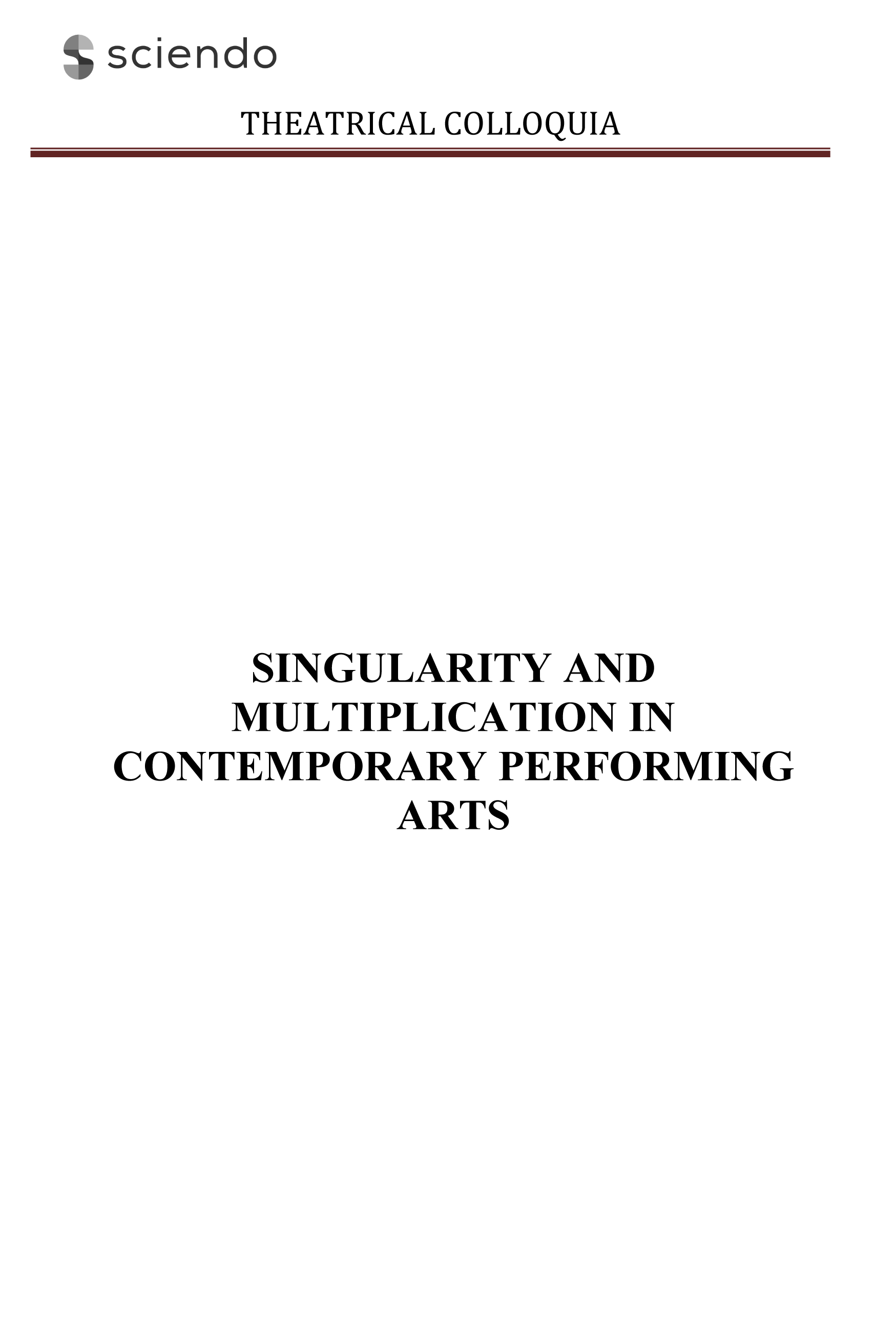King Lear’s Fool
King Lear’s Fool
Author(s): Antonella CorniciSubject(s): Theatre, Dance, Performing Arts, Fine Arts / Performing Arts
Published by: Editura ARTES
Keywords: Shakespeare; fool; monologue; Lear; theater;
Summary/Abstract: Shakespeare does not introduce the Fool in his plays by accident or in order to entertain or to amuse. On the contrary, his lines are earnest, filled with undertones, his advices are witty, and their purpose is to amend the one they are aimed at, to point out their mistakes, to warn them, and even to intervene in the play’s plot. The journey of the Fool in King Lear shows that, without this character, the play would be situated somewhere at the border with the Irrational. All the characters seem to be lacking reason, they act without logic. By bringing in the Fool, one is presented the image of the “standstill” in which England’s Royalty was. All the irrationality is transferred to the King. The rest of the characters are, thus, “saved”, their actions being justified by affections that darken their minds and, obviously, accountable for those senseless actions is no one else but Lear.The disappearing of the Fool in King Lear remains a mystery that directors have “deciphered” in many ways. Shakespeare inserted this character in the middle of the first act and kept him throughout the play until the third act; then, gradually, the king’s fool disappeared. The manner this happens is almost imperceptible.The productions of this play are not numerous, King Lear, as critic Marina Constantinescu noticed, is, perhaps, one of the most difficult plays of Shakespeare, profoundly philosophical, linguistically complicated, filled with human nuances, sophisticatedly put on page.The performances to which we will make reference for the monologue of the Fool from King Lear are by Andrei Șerban (2008 and 2012, Bulandra Theater) and Tompa Gábor (2006, Cluj National Theater).
Journal: Colocvii teatrale
- Issue Year: 2020
- Issue No: 29
- Page Range: 45-73
- Page Count: 29
- Language: English

